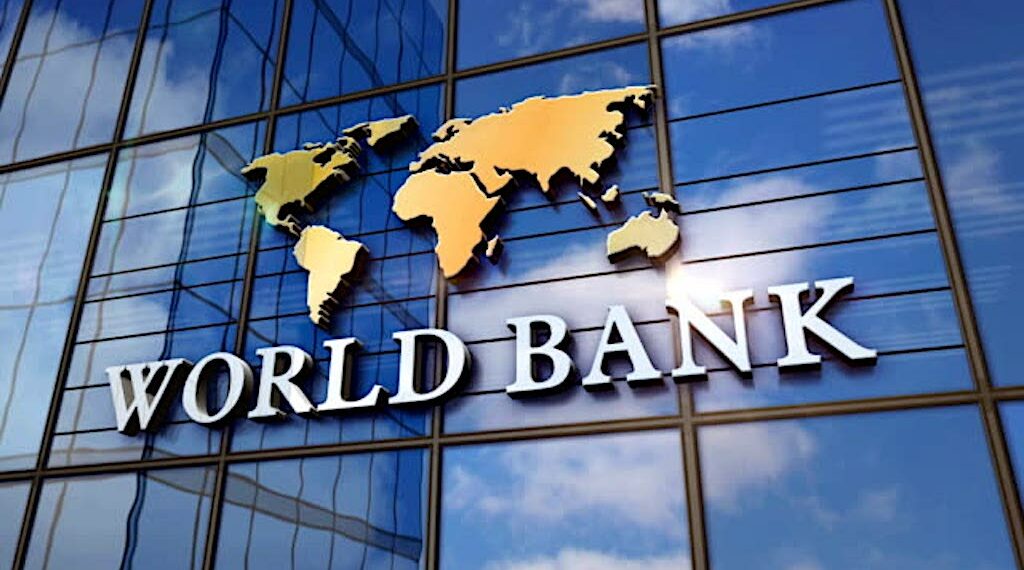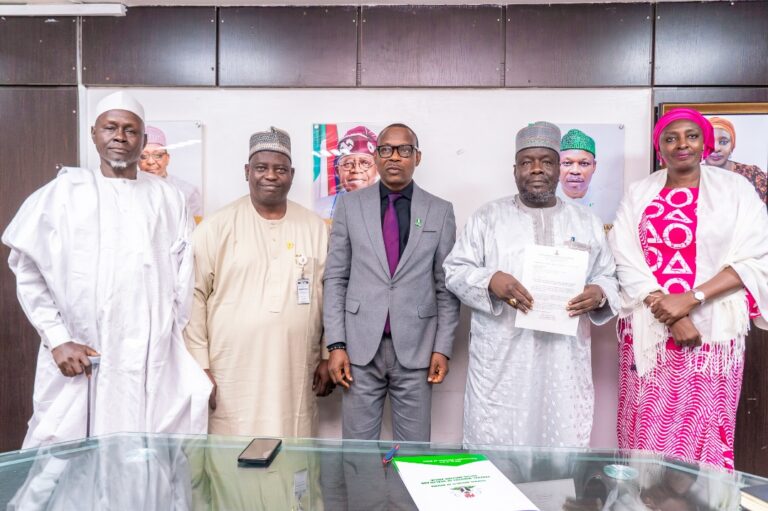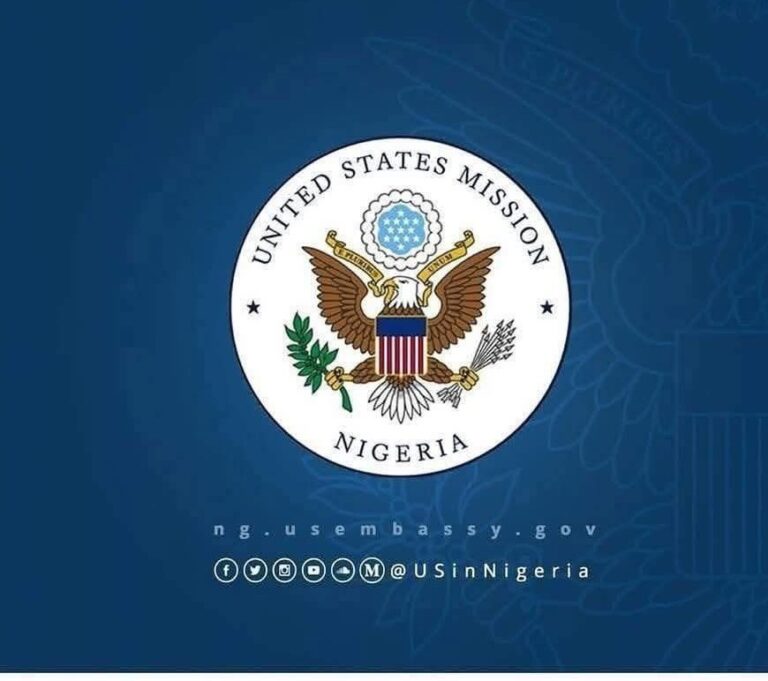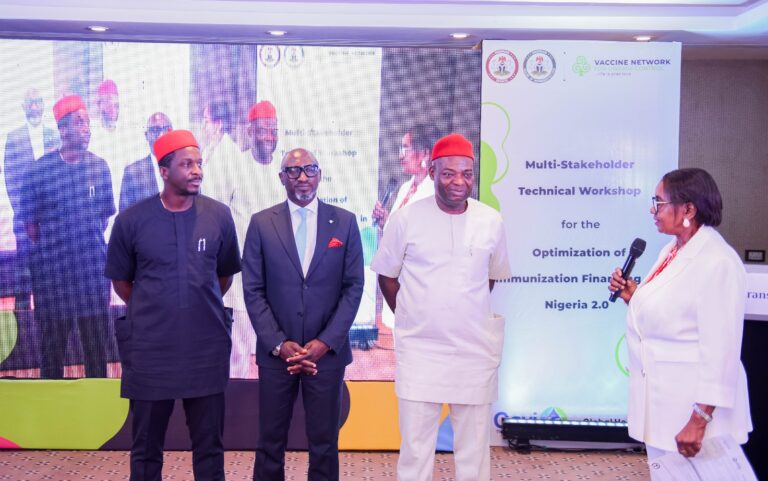
World Bank on glass building. Mirrored sky and city modern facade. Global capital, business, finance, economy, banking and money concept 3D rendering animation.
………what can we do to help?
By Fatima Saka
The World Bank has revealed that Nigeria ranks near the bottom in terms of basic measures of human health care.
Emphasized that for a country like Nigeria with potential and size, “this cannot stand, and cannot continue in this sphere.”
The World Bank’s Country Director for Nigeria, Shubham Chaudhuri revealed this during the signing of the Health Renewal Compact by Federal, State Governments, and Development Partners, recently at the State House in Abuja.
While delivering his goodwill message, the World Bank country director said that this what actually brought him to Nigeria.
Chaudhuri stressed that seeing the potential of Nigeria’s, “but yet you see the fact that on the human capital front, Nigeria is ranking so much lower.
“That was the part of what I said, what can we do to help? That’s number one.”
He said: “secondly, part of the solution, or part of the reason for this has been government spending.
“The rollout on health in Nigeria is the lowest in the world. So, clearly, if you even compare it to the region, your neighbors, it’s .8% of GDP as opposed to other countries where it’s up to 3, 4% of GDP at the minimum. So, there’s that imperative, but we know that revenues are low.
“In Nigeria, and over time, that revenue, those revenues have to be built up. But even with the revenues that you do have, the spending, the services that you do have, it’s not going to be the same as it used to be.
While commending Tinubu, the world bank country director said that for the renewed hope promised by the president, that it is to be translated into realizing the potential for every Nigerian child, every Nigerian mother, father has to have access to basic health care. “And right now, they do not. As you may know, Your Excellency.”
“The spending that Nigeria does, there’s lots of opportunities. I love what they said, the largest room in the world, room for improvement. And that’s where I turn to your excellencies, and the governors.
“I think many of you have heard me say before that almost everything that we at the World Bank do here in Nigeria really rests in the hands of the states.
“And governors in Nigeria are among the most powerful elected officials I’ve seen in any country I’ve worked.
“Really, and the states have a huge responsibility for the delivery of basic health care, of education, of what matters to most citizens.
“So what excites me most about what we’re here to do today is revisiting, re-strengthening this compact.
“In a federation like Nigeria, the compact between the federal, the national, the state, and actually down to the local government. And we here as international partners,
“We are ready to support that and we want to be part of it, help in what way we can. It will be important to have it be based on mutual accountability, so it’s not just talk.
“So that’s the basic thing, we are here to support you, the World Bank, and the rest of the international partners.
“But the most exciting thing, the key is going to be this compact between the federal and the sub-national.
“It’s so important for every child, as I said, for every family in Nigeria,” he added.



